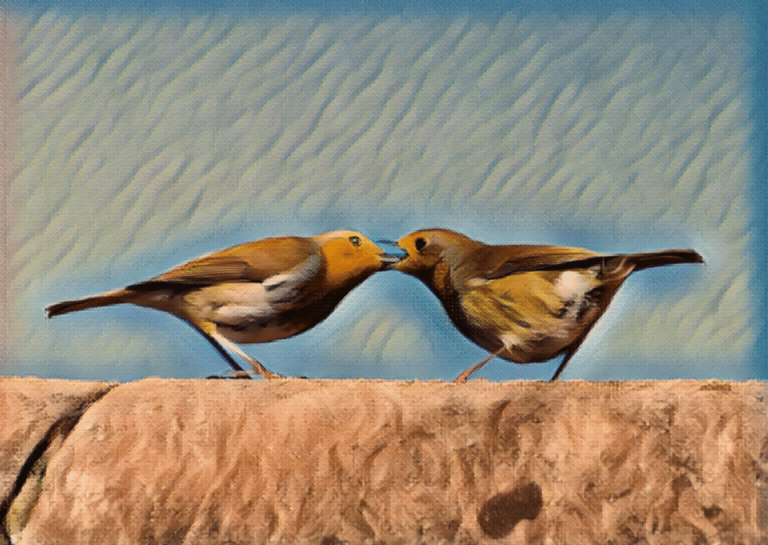Are you familiar with the phrase “sharing is caring?” Well, it turns out sharing is more than caring, it actually plays a role in brain development. Sharing activates regions of the brain associated with processing rewards. In this article, we will discuss an interesting study the concludes that being kind makes kids happy, before they’ve been taught that sharing is caring. Then we will give you ideas on how to foster the sharing spirit.
No parent wants their kid to be selfish. It turns you can actually foster an environment where they get happiness from sharing. A study by Social Psychologist, Lara Aknin and her fellow researchers at the University of British Columbia, builds on the idea that selflessness is a natural part of human behavior. They investigate whether children under the age of 2 experience greater happiness when giving treats to others rather than receiving treats themselves.
The results of their findings were that the toddlers exhibited greater happiness when giving treats than when receiving treats themselves. They either gave a puppet an extra treat they found or a treat of their own. The most interesting part is the toddlers were happier when giving away their own treat than when giving the extra treat they found. This comparison acknowledges the personal sacrifice often involved in prosocial behavior and suggests that children find it emotionally rewarding.
This study provides evidence that giving to others makes young children happy- even happier than when they are receiving treats themselves. In other words, performing selfless acts would make kids naturally happy—even before they’ve been taught the cultural value placed on kindness.
Of course, this does not diminish the importance of a loving and kind environment. It merely suggests that nature may have given us a happy head-start in the task of raising kind kids. Parents can foster this natural willingness to give by providing the opportunity for their children.
Here are some ideas to strengthen your kid’s giving abilities. Around the holidays you can sponsor another family and have your children pick out gifts to give to them. If you have more than one child, this skill can be worked on at home. For example, you can give your children different kinds of candy or snacks when watching a movie and ask them to make a combination of all the snacks for the whole family to share. If you have toys that your children no longer use, you can take your child to donate them. Get creative and set see if your children display the same characteristics as the children in the study.
References
Aknin LB, Hamlin JK, Dunn EW (2012) Giving Leads to Happiness in Young Children. PLOS ONE 7(6): e39211. https://doi.org/10.1371/journal.pone.0039211

